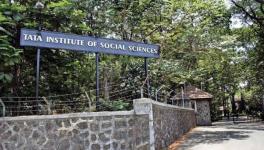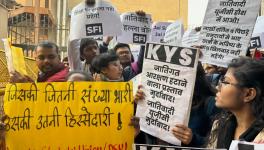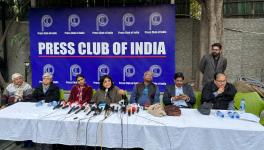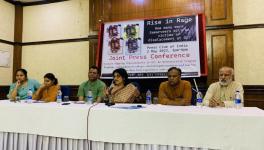Another Blow to the Higher Education System: UGC Regulations Make Ph.D. a Mandatory Qualification for Assistant Professors
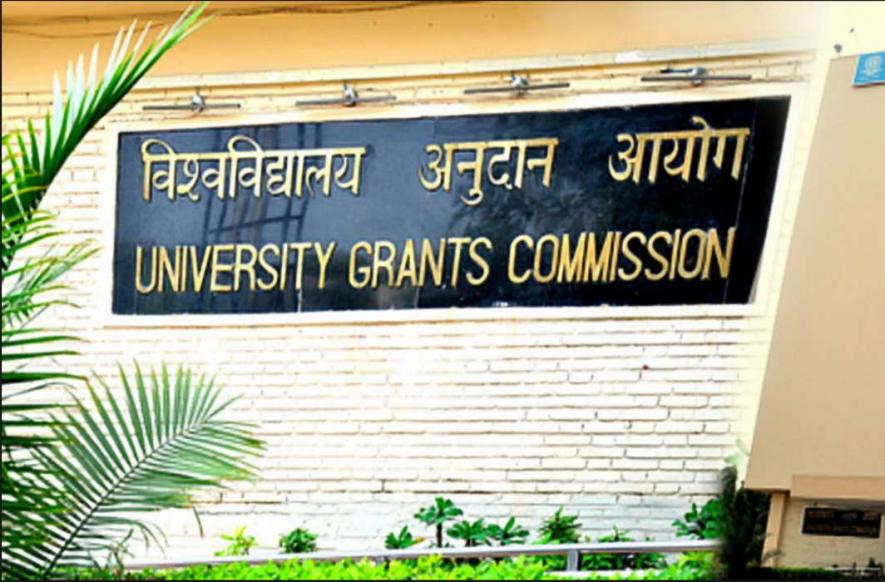
According to the new set of UGC regulations released by HRD Minister Prakash Javadekar on June 13, a Ph.D degree will be mandatory for both, direct recruitment as an assistant professor and promotion to assistant professor in the universities. These regulations will come into effect from July 1, 2021, once notified.
Although a master’s degree with NET qualification or Ph.D. will continue to be the minimum eligibility requirement for direct recruitment of an assistant professor in colleges, a Ph.D degree will be mandatory for promotion to the post of assistant professor (selection grade). It further mentions that the incentives to the teachers provided in earlier Regulations of 2010 and subsequent amendments have been retained. These include incentives for M.Phil/Ph.D.
The API (Academic Performance Indicator)-based PBAS (Performance Based Appraisal System) has, however, been removed. A new simplified teacher evaluation grading system has been introduced and ‘research score’ element has been added to encourage universities to improve research output. The promotion criteria under CAS (Career Advancement Scheme) for university teachers has been made more research-oriented, while in the case of college teachers, it is more focused on teaching. According to the press release, “For the first time provision for promotion in Colleges will be up to Professor level. […] For the first time, weightages are assigned for CAS in respect of MOOCs and E-Content in Universities and Colleges.”
In February this year, the UGC (University Grants Commission) had announced Draft Regulations for the same. The Delhi University Teachers’ Association (DUTA), amongst other Teachers’ Associations (like FEDCUTA and PUTA), have termed both the sets of regulations (February and June 2018) as “retrograde”. DUTA, in its ‘Preliminary responses to the Draft UGC Regulations 2018’ stated:
“The effort to make PhD a mandatory qualification for recruitment of Assistant Professors is a cause for apprehension. It is a matter of concern that conditions are created in the Regulations by which acquiring a PhD no longer benefits the teacher either at the entry-level or in service. Taking away the incentives of PhD and making it a mandatory requirement for direct recruitment would amount to delaying the entry of teachers to the profession by a few years till the acquisition of higher qualification. […] It is ironical that on the one hand, the Draft Regulations make PhD a necessary pre-condition for Career Advancement Scheme to senior positions like Associate Professor and Professor, the same Regulations make it virtually impossible for teachers to acquire PhD while in service. Hence, there must not be any change in the qualification of Assistant Professor for purpose of direct recruitment at colleges and in University Departments.”
The document further mentions that, “The long-standing demand of teachers seeking the rollback of the pernicious system of API/PBAS for promotion of teachers has been met in the Draft Regulations 2018. However, a higher qualification (PhD in this case) is being mandated for promotion to Associate Professors in colleges: a change from the earlier CAS 2010.”
While speaking to Newsclick, Abha Dev Habib, a professor in Delhi University, said, “Qualification at university and college level should remain same and should not be enhanced to require Ph.D. instead of post-graduation and NET. The disparity will unnecessarily create hierarchy between universities and colleges. Increasing qualifications will not only delay entry into the profession, but also deny chance to bright candidates, who, because of socio-economic conditions, fail to do Ph.D. – as it requires many more years of study. Facility like study leave to academicians help in earning higher degrees while doing a job. Also, as UGC Regulations are mandatory for universities and colleges across the country, raising the qualifications may create hurdles for many universities in hiring teachers. Universities and selection committees should have the responsibility and freedom of applying suitable screening criteria for shortlisting candidates on the basis of applications received.”
Other key clauses in the new UGC regulations are:
- A special provision has been made for recruitment of assistant professors in universities and colleges for Ph.D degree holders from a university/institution in the top 500 Global rankings.
- Up to 10 per cent of the existing sanctioned strength of professors in universities shall be appointed as senior professors in the universities. Senior professors in universities will be appointed through direct recruitment and through promotion under CAS.
- Universities will accord permission and provide need based facilities to colleges teachers to supervise Ph.D/M.Phil scholars.
Teachers’ associations, students’ organisations and activists have been fighting against the push towards increasing privatisation, commercialisation and ‘saffronisation’ of higher education. They have also been protesting against the ruling dispensation’s policies regarding graded autonomy, autonomous colleges, 70:30 formula and HEFA (Higher Education Funding Agency). The dire situation of higher education has been made worse by the changes in the 200-point roster, rampant ad-hocism, delay in pensions and promotions, lack of representation from SC/ST/OBC communities and other marginalised sections of society. Viewed in this context, the recent UGC regulations are revealed to be yet another blow to the higher education system under the Modi regime.
Get the latest reports & analysis with people's perspective on Protests, movements & deep analytical videos, discussions of the current affairs in your Telegram app. Subscribe to NewsClick's Telegram channel & get Real-Time updates on stories, as they get published on our website.











